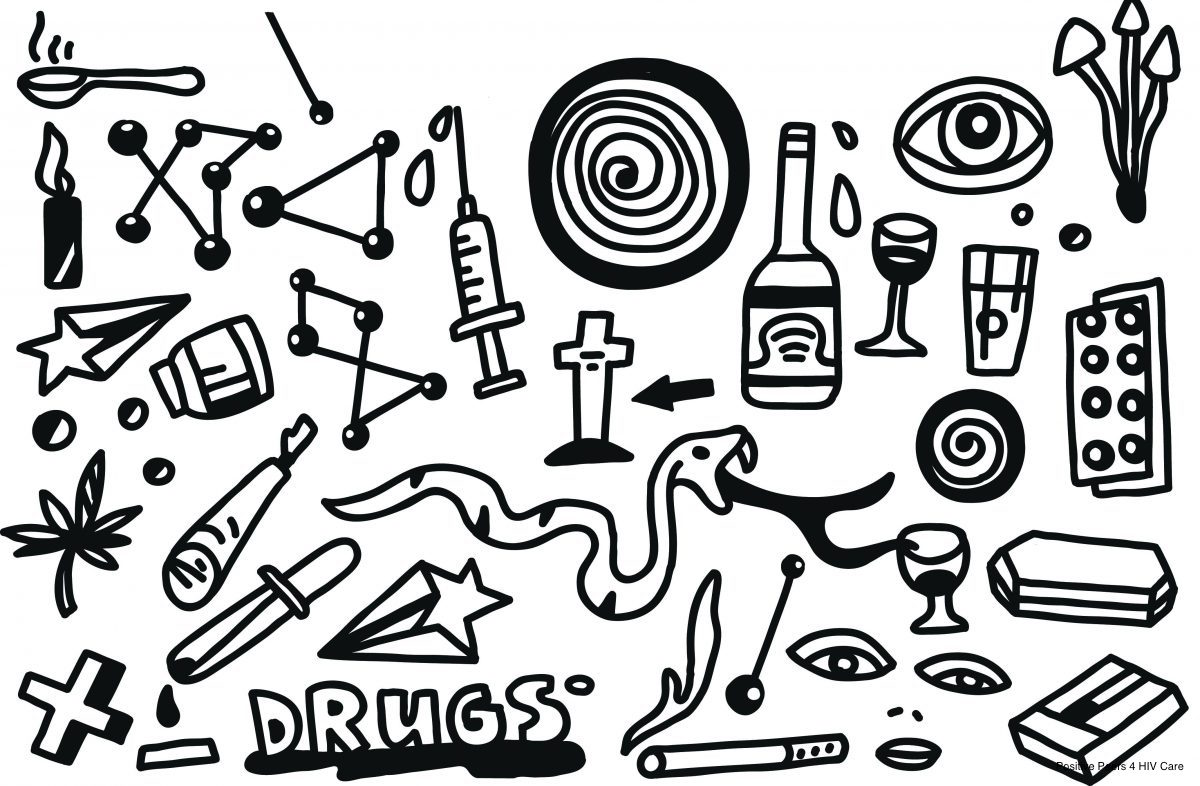Injected drugs have a notorious reputation for spreading HIV, but a lot people who use drugs never use needles.
Does that mean it's safer to use drugs like meth and cocaine if you don't inject them?
Nope.
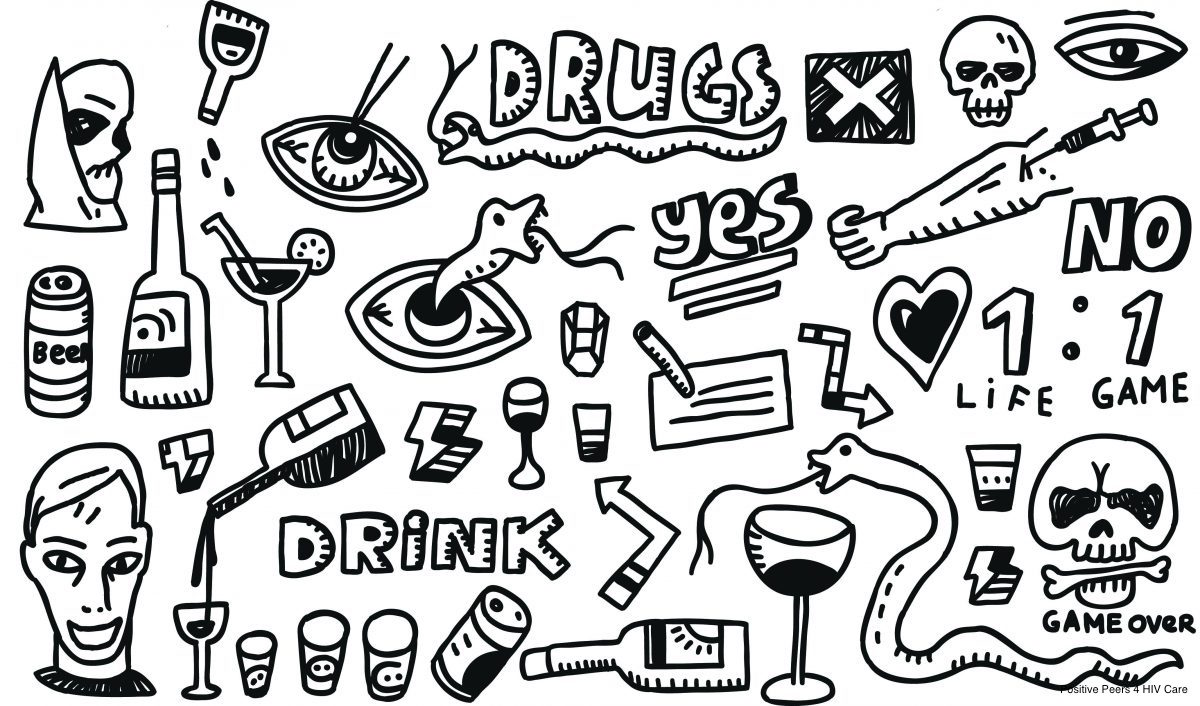
By: Ann Avery, MD, Infectious Disease Physician at MetroHealth Medical Center
Even though HIV medicines are best taken no matter what – even if it’s while you’re using drugs, all recreational drugs mess with your ability to do the right thing. When you've got a good buzz going, you might forget to take your HIV meds. When you're high, you do risky stuff you'd never do when you're sober.
You may…forget to use a condom, sleep with someone you normally wouldn’t, maybe even swap sex for more drugs.
Thinking About the Long Run and the Short Run
In the long run, using and abusing drugs will harm your body's ability to fight off infections. That's bad news if you're HIV-positive.
But you also have to think about the short run: What am I going to do today to stay on my HIV meds and keep my immune system strong?
That’s the trouble with HIV and drugs: one bad decision today can mess things up for years.
More on meth, cocaine and injected drugs
Now let's look at the risks of meth, cocaine and injected drugs in more detail:
Meth 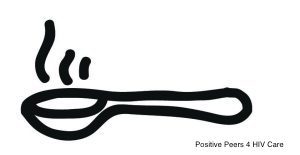
Researchers have noted that using meth can speed up the process of HIV turning into AIDS. Meth is also highly addictive — creating powerful urges to keep taking it. These urges can push people to trade sex for more meth.
Meth also dries out the mucous membranes of the anus, penis and vagina. That makes the tissue easy to tear or cut, making it easier for HIV to get into the body. And have you ever seen pictures of people with “Meth Mouth”?!?! You’re too pretty for that.
Cocaine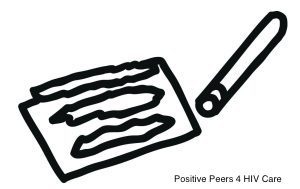
Some people find cocaine increases the pleasure of sex. That ends up encouraging them to possibly have more partners, increasing their risk of contracting and transmitting HIV.
Crack cocaine is extremely addictive, creating destructive urges, much like meth.
Injected drugs 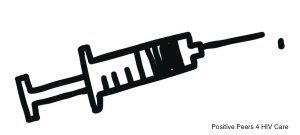
The worst problem with injected drugs is sharing needles. When you inject drugs into a vein, there's no way to prevent the needle from getting blood on it.
If another person uses the same needle, they will inject some of that blood into their veins. If the blood has HIV in it, there's a strong risk that it will infect the person who shares it.
Injected drugs often are highly addictive, so they pose similar risks to cocaine and meth in addition to the dirty-needle risk.
Come join our private, stigma-free, supportive community.
Health management tools with medication & appointment reminders.
Social networking in a community conversation & private chats.
Getting Treatment for Drug Use
Make sure you talk with your doctor about all the drugs you use, and whether you share needles. Doctors or clinic staff also can tell you if needle-exchange programs are available.
If you're dealing with an addiction, treatment is available to get you clean again. Nobody will judge you — they just want you to get healthy and stay on your HIV meds.
Positive Peers is made possible through a U.S. Department of Health and Human Services Health Resources and Services Administration, HIV/AIDS Bureau Special Projects of National Significance (SPNS) Grant to The MetroHealth System. Click here for more information about the SPNS grant initiative.
Positive Peers is a private app for young people living with HIV. Learn how you can earn rewards for your participation.
